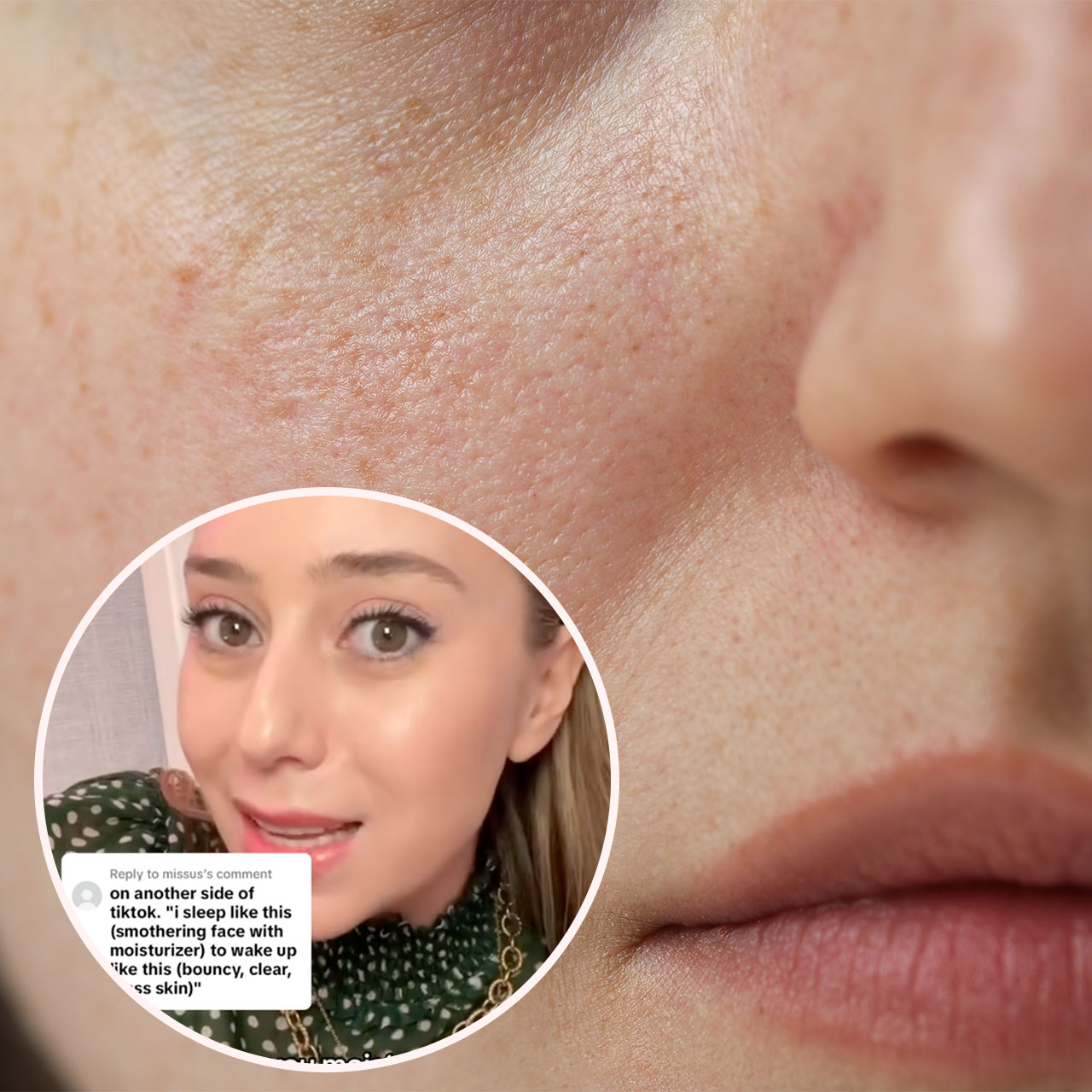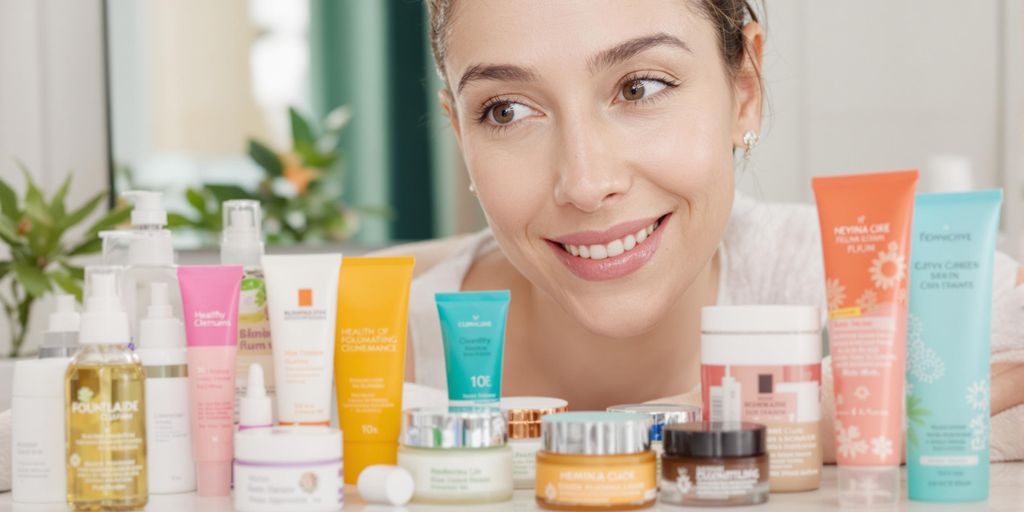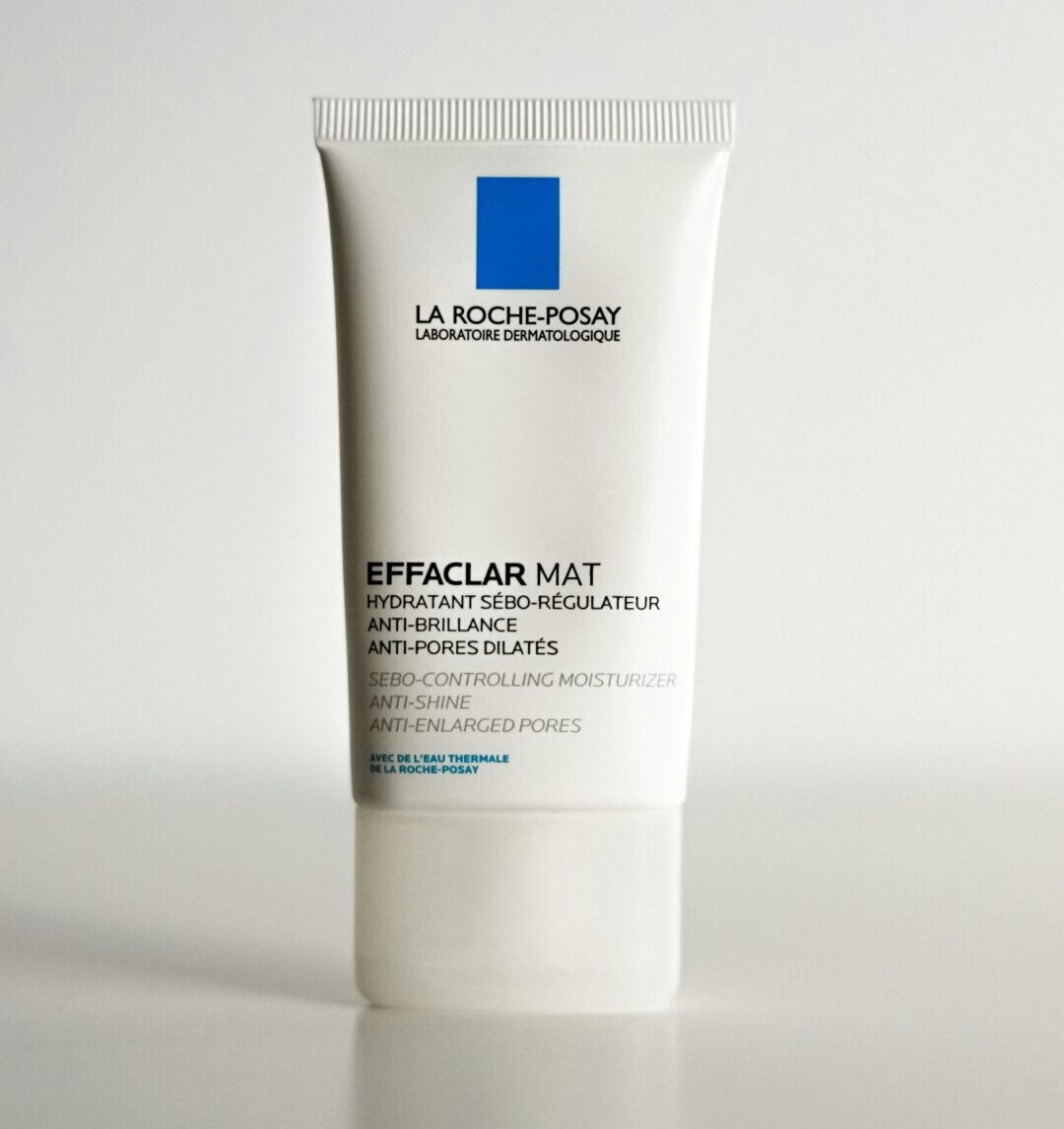In the world of skincare, the amount of advice floating around can be overwhelming. One of the popular creators who has been doing her part in making sense of it all is Dr. Shereene Idriss, a board-certified dermatologist renowned for her qualities in facial rejuvenation and minimally invasive body contouring. In a recent video, Dr. Idriss made an enlightening comment regarding the overuse of moisturizers.
She criticized the notion promulgated on the internet that you need to consistently hydrate your skin. She humorously pointed out images of celebrities seemingly swimming in an ocean of water, with droplets everywhere and their skin glowing with excessive moisture. Dr. Idriss clarifies that excess moisture is just that – excess and too much moisture could have detrimental effects.
Continuing her lesson on skincare, she claimed that too much moisturization can lead to unwelcome growth on your face – fungus. This might sound alarming, but there’s more. She pointed out that an overly moist skin barrier can encourage the growth of yeast, Candida, and other fungi, even bacterial infections and acne breakouts if you happen to be prone to rosacea. This could trigger rosacea flare-ups and a host of other complications.
Dr. Idriss doesn’t want you to obsessively hydrate your skin, whether you’re inclined to do so after watching the viral ‘drenched glass skin’ videos or not. She suggests understanding your skin and the environment it is in to maintain a healthy, happy balance.
So how should you approach moisturizing as the temperatures drop? Dr. Anna Chacon, a board-certified dermatologist, gives crucial advice on how often to moisturize and the best types of products for your skin. The most important step in morning skincare is sun protection, she says. Sunscreen should be applied consistently as the final skincare step before applying makeup, crucial to prevent premature wrinkling and fine lines caused by sun damage.
Dr. Angela Casey, another board-certified dermatologist, concurs, saying prevention is the best policy regarding skin health. A solid skincare routine – one that cleanses, moisturizes, and protects your skin will pave the way to a healthy, glowing complexion.
Casey emphasizes that morning skincare routines need to consider the circadian rhythm of the skin. After a night’s rest and repair phase, the skin is less permeable in the morning compared to the evening. This, along with other factors, should impact your skincare approach.
She further outlines a recommended morning-and-winter routine, which involves washing the face with a pH-balanced, gentle cleanser using lukewarm water, using a moisturizer and an effective sunscreen, and starting the day with a vitamin C serum. Following such a well-structured regimen will undoubtedly help achieve better and healthier skin, she says.
Upon waking, it’s crucial to cleanse the face, which refreshes the skin and removes any overnight buildup. After cleansing, the application of an antioxidant serum such as vitamin C would be beneficial. This, as the doctor puts it, arms your skin for the day ahead, protecting you from environmental pollutants and irritants. A good quality moisturizer follows to further seal the skin barrier, offering protection and hydration. She also restates that an SPF 30 or higher sunscreen is indispensable as a last step.
In conclusion, skincare is vital, but overdoing it, especially with moisturization, can have its ill effects. Dr. Shereene Idriss recommends moderation and understanding of one’s skin to achieve a healthy and glowing face. Judge your skin type, the climatic conditions you stay in, and make a skincare regimen that suits you best. Don’t go overboard with anything, even if it’s something as beneficial as hydration. As always, prevention is indeed better than cure, so take the advice of these doctors and look after your skin the right way.





![“Kerassentials Review” : [My Updates Reviews 2024] — Does It Work & Is It Safe? 4 049e8bfe 6112 4c16 aa9b b331dee37d90 “Kerassentials Review” : [My Updates Reviews 2024] — Does It Work & Is It Safe?](https://beautinews.com/wp-content/uploads/2024/10/049e8bfe-6112-4c16-aa9b-b331dee37d90.jpg)